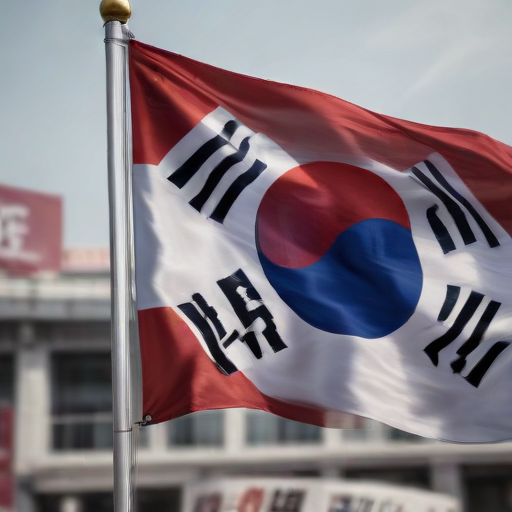South Korean President Yoon Suk-yeol recently caused significant political turbulence when he declared martial law in a surprising late-night address but quickly reversed the decision just hours later. Yoon’s declaration, made late Tuesday night, was prompted by frustrations with the main opposition Democratic Party’s moves to impeach key prosecutors and reject the government’s budget proposal.
In response to Yoon’s martial law announcement—where he accused the Democratic Party of harboring pro-North Korean sentiments—members of the National Assembly, empowered by the presence of their constituents, managed to overcome military barricades and convened in an emergency session. They swiftly voted to annul his decree, garnering support from a significant majority of lawmakers who gathered in the chamber.
The martial law initiative briefly placed military forces in control of the National Assembly and restricted media operations, all while instructing medical personnel, who had been engaged in strikes, to return to work. This measure came amidst ongoing protests from thousands of striking doctors, which the government claims are necessary to address healthcare staffing shortages and transition to an aging society.
The political crisis has sparked a wave of public dissent, exemplified by mass protests and public disapproval evident in Yoon’s approval ratings, which have plummeted to just 25%. The atmosphere in the country remains tense, with calls for impeachment against President Yoon already mobilizing six opposition parties, further exacerbated by his refusal to accept claims for independent investigations into controversies involving his administration.
The potential for President Yoon to be impeached hinges on whether more than two-thirds of lawmakers in the National Assembly back such a motion. This political unrest has also triggered public panic-buying as South Koreans braced for potential shortages, causing prices of essential goods to surge markedly in a short window.
Internationally, reactions included relief from the United States over the withdrawal of martial law, while other nations kept a watchful eye on the developments.
Despite the overwhelming challenges, the situation reflects South Korea’s vibrant democratic processes and the population’s commitment to holding their leaders accountable. With the nation’s institutions in play and a responsive public, there remains hope for a resolution that respects both governance and civil liberties, allowing South Korea to navigate through this turbulent period effectively.
